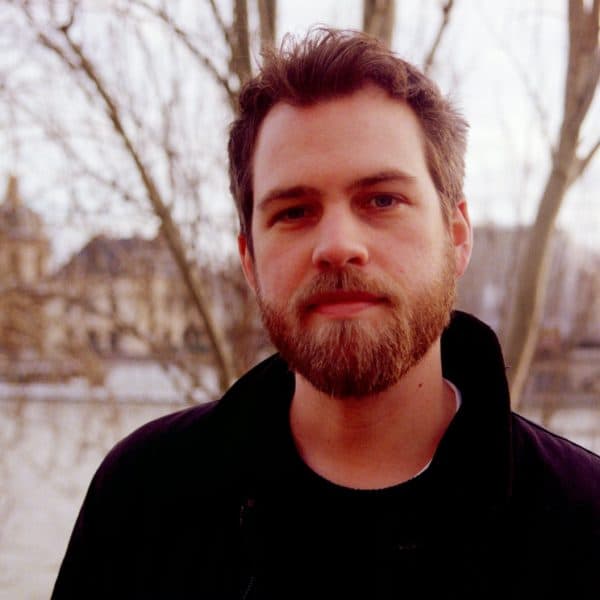Advertisement
Sandy Bailey leans on her community in new country gospel album

Sandy Bailey’s biography sounds like the tall tale of a country singer from another era: A biracial gospel singer who fled the Pentecostal church at 19, a single mom to two kids, a career spent quietly writing songs while waiting tables in rural Massachusetts. The stories she sings illustrate characters, some fictional, but all representing a segment of her own struggle. Like Reba Mcentire’s “I’m A Survivor” or Emmylou Harris’s “Boulder to Birmingham,” Bailey’s music shows how beautiful it can be to ache, her wistful voice crooning over a classic country backdrop and piano chops lifted straight from church.
On “Daughter of Abraham,” the Northfield singer-songwriter’s second album (out Aug. 18) — her newest release in 13 years — Bailey weaves together a series of gospel stories that reflect the journey of her own hustle, a spectrum that spans race in America, religion, the blue-collar grind, addiction and love. “['Daughter of Abraham'] is taking my own experience and figuring out how to make it relatable for everybody,” she says. “I am within all my characters, but I am separate from their stories.”
“I’m in this unique situation where I am a white-passing biracial person coming from the evangelical world, but I’m a very liberal, working-class single mom. I’d like to think that I can be a person that anybody in the country might be able to look at and can identify with a part of what I’m saying.”
Pulling inspiration from country and blues storytellers like John Prine, Bonnie Raitt and Linda Ronstadt, “Daughter of Abraham” sprawls a soulful, southern sound. “There’s a hole in my chest/ Bottomless/ But I fill it up when I fill my cup,” she sings on “Bottle of Emptiness,” the maudlin sentiment drifting by like a waft of cheap red wine. Warbling organ movements and washy drums push and pull the song like a drunken stroll down Nashville’s Broadway. It’s within moments like these where Bailey showcases the duality of her artistry. She’s at once the student of the great mythic songwriters and the pariah living the life of a character in one of their songs.
Bailey’s first solo release, 2010’s “Raven’s Flesh,” preceded a decade of balancing motherhood and a music career, which consisted mostly of local gigs and writing songs for leisure. The inspiration to put another album together came during the COVID-19 lockdown from Grammy-nominated songwriter Mary Gauthier. “I read her book ['Saved by a Song: The Art and Healing Power of Songwriting'] and cried my way through it,” Bailey says. “It really resonated with me and made me realize that this is why I make music.”
Bailey soon traveled to Nashville to attend a series of songwriting workshops hosted by Gauthier, who nudged Bailey into recording an album of new material. Upon returning to Massachusetts, she sent some demos to a few of her local friends and collaborators; Marc Seedorf, longtime sound engineer for Dinosaur Jr., signed on to engineer and play bass; Ryan Hommel, who has worked with Amos Lee, agreed to play guitar and pedal steel; Don McAulay, who was on tour with The Rolling Stones as a drum tech when he received Bailey’s demos, played drums on several of the album’s tracks. Bailey’s kids even contributed background vocals on a few songs.
The involvement of Bailey’s community deepens the richness of the music. “Work at the grocery store, been a real long week/ Sis just called to say my baby’s been up all night crying away,” she laments on the country ballad “Already Down.” Unlike many country singers in today’s streamlined world of overnight stardom and ghostwriting hit-makers, the lyrics Bailey drawls offer immense depth when you realize her neighbors recorded this music on an off day from the restaurant while, presumably, someone was watching her kids.
The album’s title track, an evocative, spiritual story of a slave escaping imprisonment just before the Civil War, examines Bailey’s profound interest in her ancestry, specifically in the Underground Railroad. The song was recorded in her Northern Massachusetts home — a house that was storied to have been a part of the Underground Railroad — with the voices of her children mixed into the ending’s reaching choir. “Light of the day, my inner flame/ I am weary, guide my way,” she sings, her voice sturdy and broad, echoing with the sound of spirits in worship.
“[Gospel] is just in there — it’s always been a part of me,” she says.
Now in her early 40s, Bailey feels like she’s just finding her footing in her music career. “There have been times in my past where I’ve felt angsty and a little resentful that I haven’t been able to just pick up and move to wherever and start doing it,” she says. “But now I’m like, everything is fine. Everything happens at the right time.”
“Oh, your time will call you by name/ Sure as the tide will fall and rise again/ Time’s gonna come,” she wails on the pensive, slow-burning “Time’s Gonna Come.” It seems as though she’s manifested that for herself.
“Daughter of Abraham” is out Aug. 18 via Red Parlor Records. She will perform live at Dream Away Lodge in Becket, Massachusetts on the same day.


